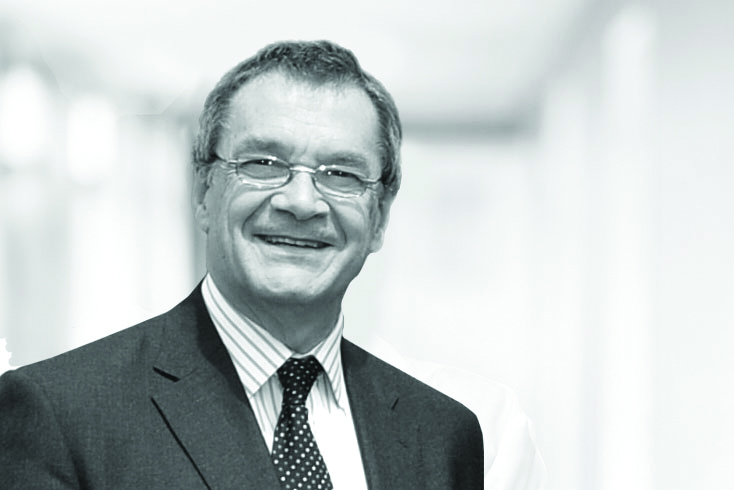The joy of mentoring
NewsPosted by: Dental Design 19th November 2021

There are three certainties in life: death, taxes and change
Somebody once asked me, “What is the difference between working and retirement?” My answer came quite easily. When you are retired you have a chance to do what you want to do rather than what you have to do as defined by your employment.
I should issue a word of warning here: quite a lot of this type of work is not paid but, if you have planned well, you can afford to do and enjoy it.
We are all formed by people in our lives. In my early life, it was my father. He was an accountant and told me early on, in my teenage years (so long ago now), that there were two certainties in life: death and taxes. Being an accountant, he missed out the third certainty: change. Darwin is reputed to have said, or not depending on which books you read, that those who survive and thrive are not the strongest or the biggest (or the wealthiest) but those who adapt to change best.
My father sadly passed away a couple of weeks before my finals, but his wise advice has lived with me for my entire life.
Amazingly, for an accountant, he told me, “Never do anything just for money and always do what is right rather than what is easy.” Sound advice. When I joined the department of Health in 2002 and accepted the massive drop in earnings that came with it, I am sure he was smiling down on me.
Change is a certainty but sometimes we are so close to it that we don’t see it and time passes quickly. My wife and I were talking a few weeks ago about how long we had lived in Rugby. We moved here 42 years ago, and my wife commented that 42 years before that, Hitler ruled in Germany and the tragedy that was about to befall all of Europe was still two years away.
Some change we can predict, some we cannot, but we have to work with it and understand how it affects us. Dentistry has changed massively. When I graduated, 40% of the adult population was edentulous and the provision of full dentures was a massive part of the undergraduate curriculum. The prevalence of caries was at a level that young graduates today could not conceive of; 70% of five-year-old children suffered from caries and their average DMF was around four. Things have changed massively. There was so much disease around then that the inequalities were much harder to see, and we spent so much time treating disease that prevention and inequalities were hardly mentioned. Cosmetic dentistry was not a term in common usage.
Things have clearly changed. As a general practitioner for over 25 years, I spent much time persuading my patients not to have crowns made in shade A1 as it looked so artificial. Now, patients request tooth whitening as perceptions of good appearance have changed and you have to accept that. I remember the time I spent going back and forward to Brussels to get the EU cosmetics directive on tooth whitening changed so that dentists could legally use an effective whitening agent. The curiousness of this situation was not lost on me, but it was the right thing to do as attitudes and techniques changed and new treatments became available.
Never has this change been more clearly articulated than during the recent conference on fluoridation in Birmingham. Two young dentists, just out of Foundation Training, talked about the impact social media can have on our lives. We can all see the opportunities, but we have also seen the impact that malignant use of social media can have. Whether you love it or hate it, just like change, you must not ignore it. For the younger end of society, this is a major source of information and we, as a profession, need to engage more and get across the positive news about oral health; that it is much better and continues to improve, as well as messages about how to continue that improvement.
I do occasionally look at social media and it can be quite amusing. I recently saw a post about how a practitioner remunerated associates in the private sector and he explained a sliding scale system he used based on productivity targets, this same practitioner had been posting weeks earlier about how inappropriate it was for the NHS to have targets! Never forget, it is hard to remove something once it is posted.
I am involved with the Alumni Leadership Mentoring Programme at the University of Birmingham (not a remunerated role!) and the mentors gain just as much from the programme as the mentees. I tell them that, as dentists, and this applies to all members of the dental team, they can make a difference to people’s lives and that is a great privilege. I took a year out between A-levels and dental school, and in that time I worked in a foundry just outside Bolton. The work was hard, dangerous, poorly paid and dirty but these were not the worst parts of the job. It was also boring. During my working life as a dentist I was never bored and that is what was really important for me.
About the author
Dr Barry Cockcroft CBE is the former Chief Dental Officer for England and current chair of the British Fluoridation Society.










